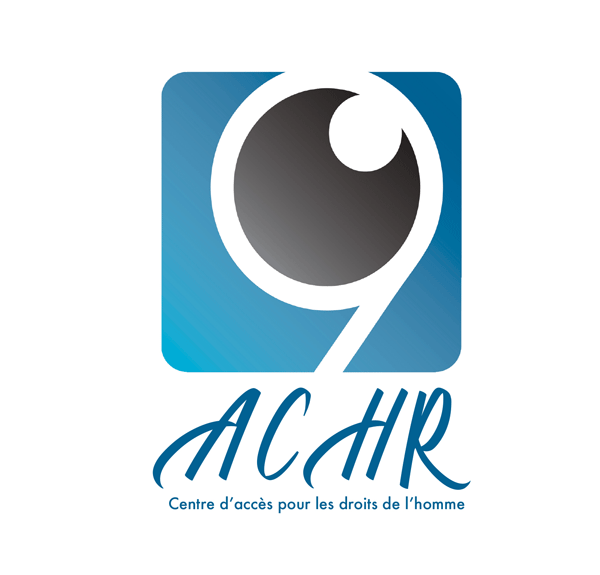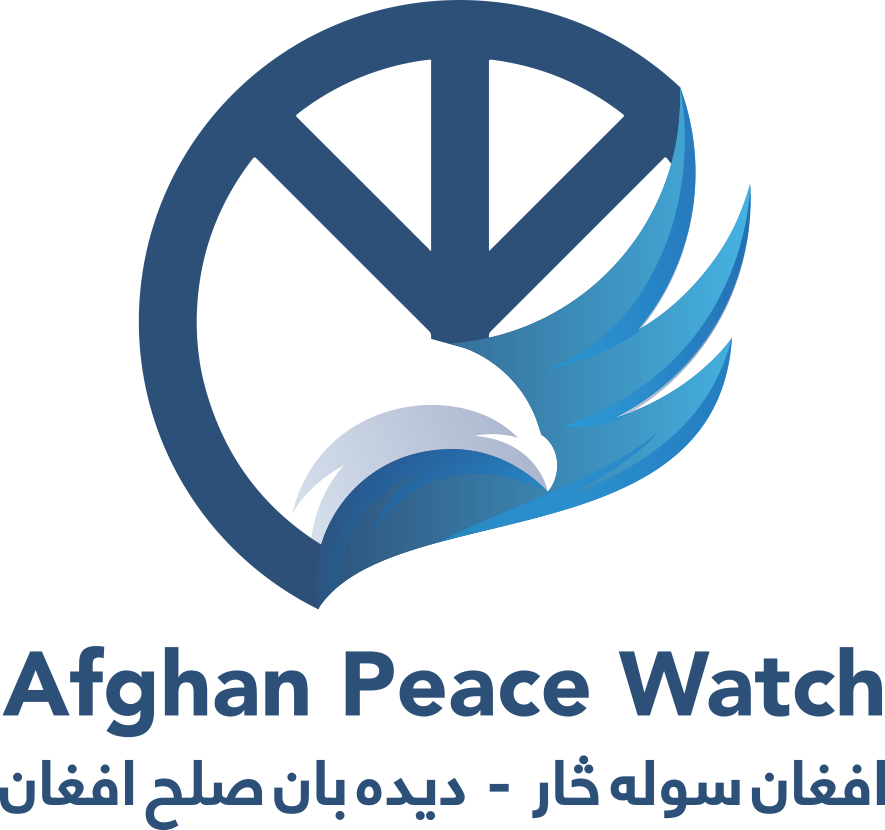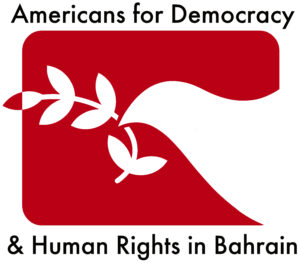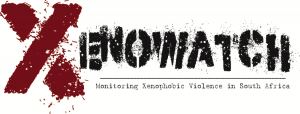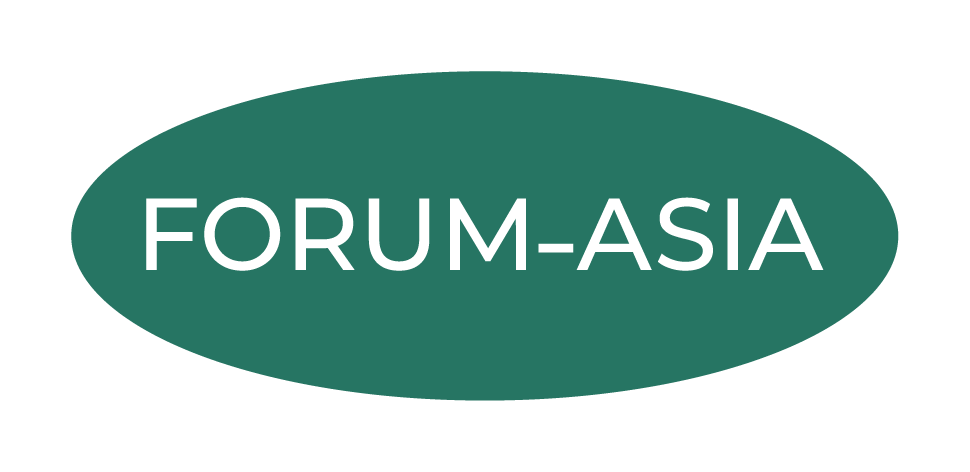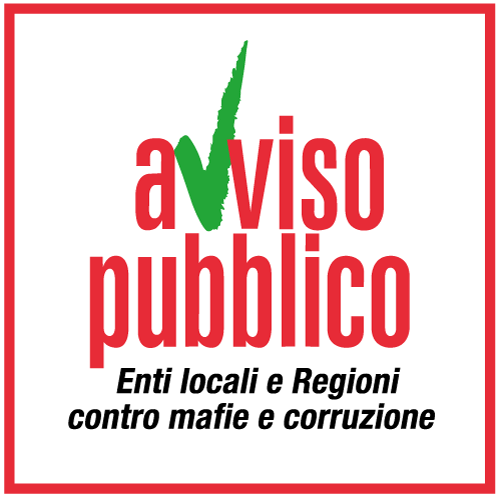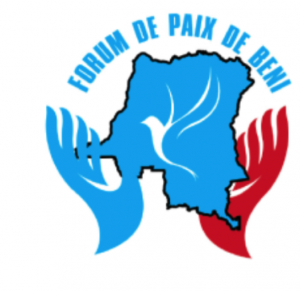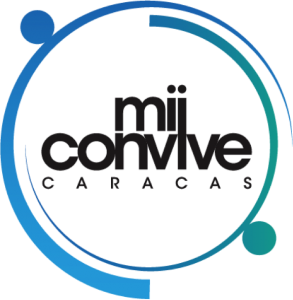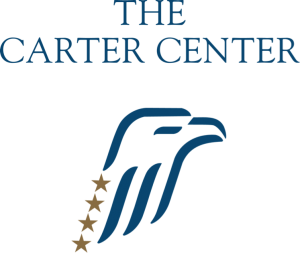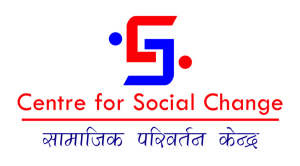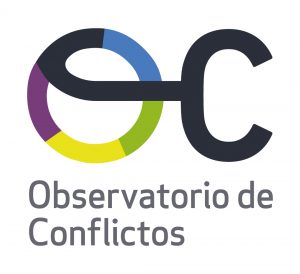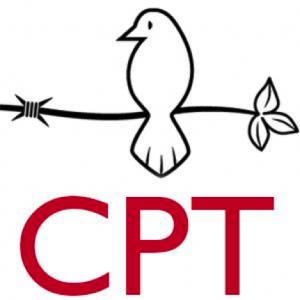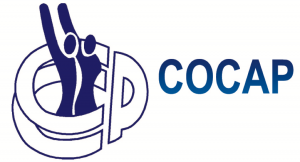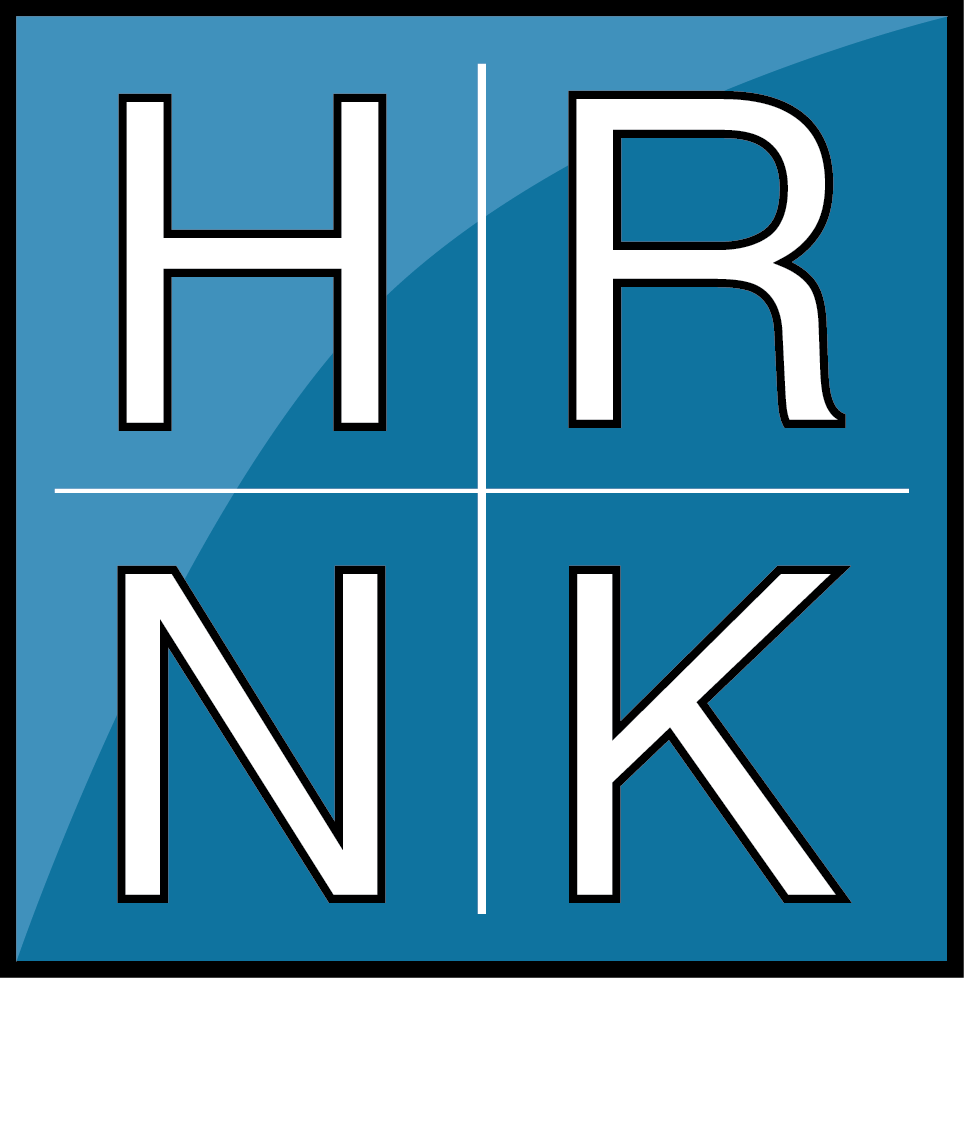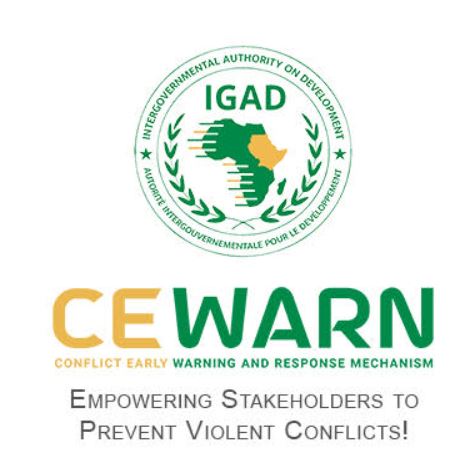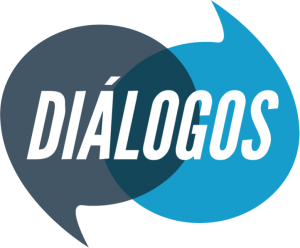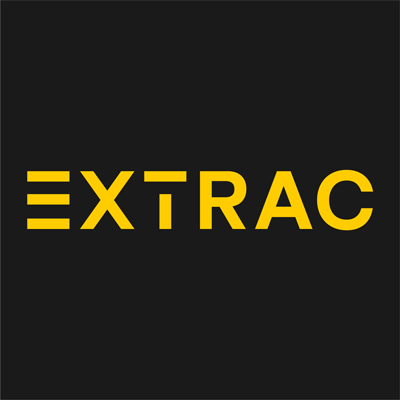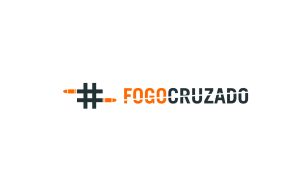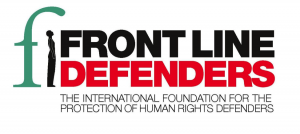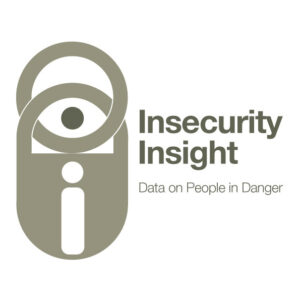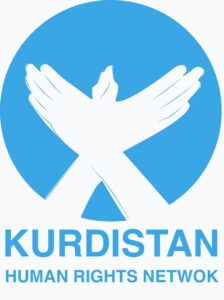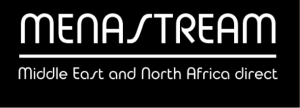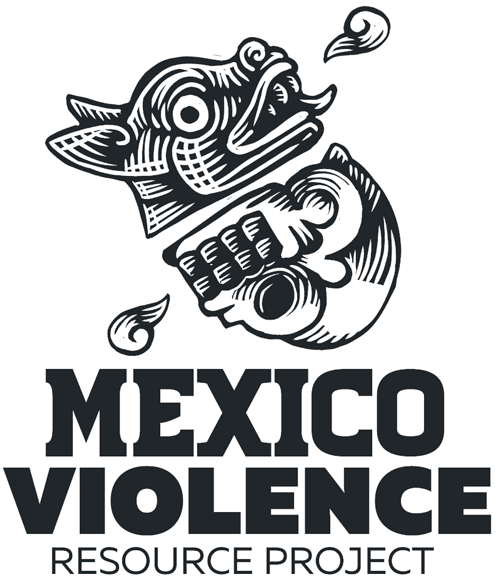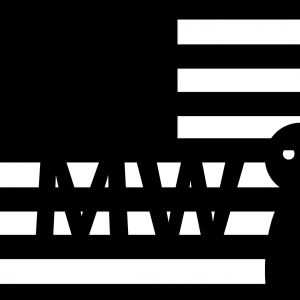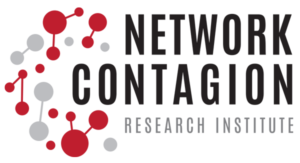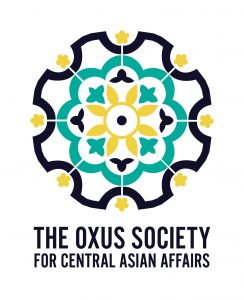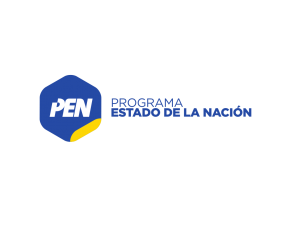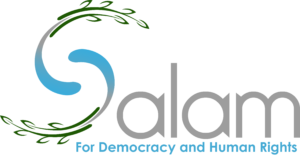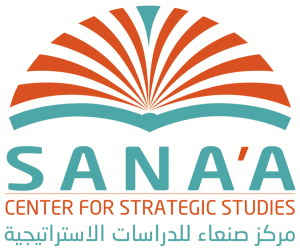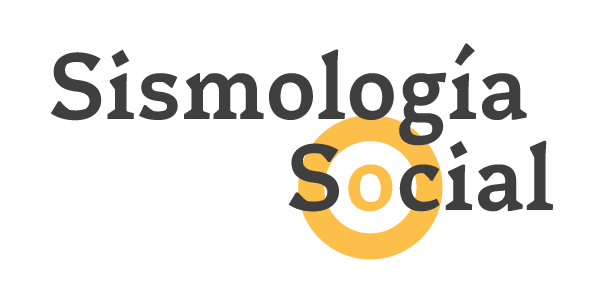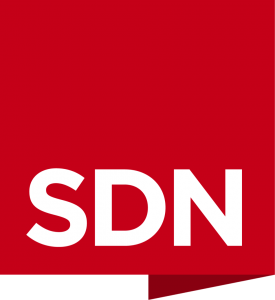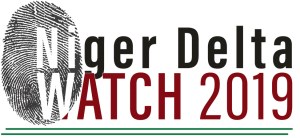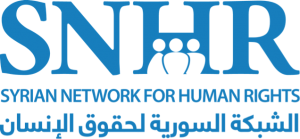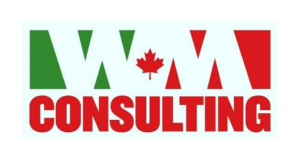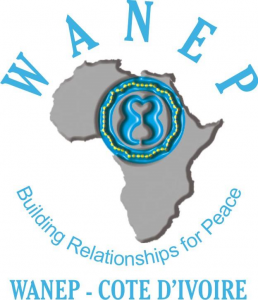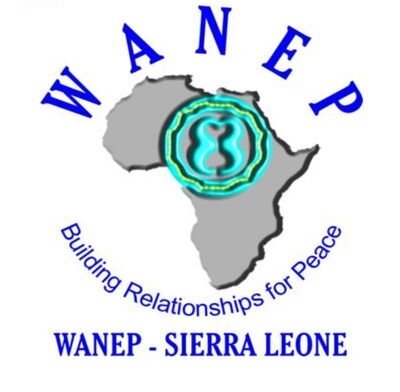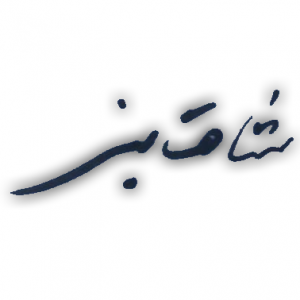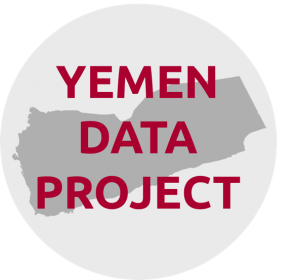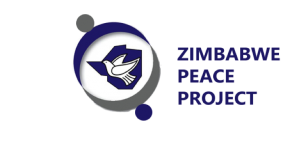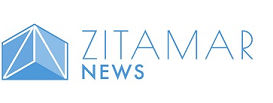ACLED works with a unique network of international and local partners around the world. This page provides more information on local data collection partners. Click here to learn more about our strategic partners.
Local Data Collection Partnerships
Through partnerships with local organizations and conflict observatories, ACLED is able to collect information in hard-to-access contexts and integrate thematic, regional, and country-level expertise into our data collection program. Partners benefit from ACLED training in data management, visualization, and/or analysis — building local monitoring capacity and enhancing ACLED’s global crisis mapping network.
Prior to entering into a partnership, especially those where data collected by local partners is to be incorporated into the ACLED dataset, ACLED assesses the information gathering practices and methodology of potential partners according to set criteria. Please note that for security reasons some partners remain anonymous and appear as ‘undisclosed source’ in the ACLED dataset.
Partner contributions are invaluable to ensuring ACLED is able to produce the highest quality real-time data on political violence and protest around the world.
Scroll over the interactive map to explore the ACLED partner network and use the drop-down menu below to find more information on each partner organization.
ACAPS is an independent information provider that is free from the bias or vested interests of any specific enterprise, sector, or region. As independent specialists in humanitarian needs analysis and assessment, ACAPS are not affiliated with the UN or any other organization. This helps guarantee that our analysis is objective and evidence-based.
ACAPS was established in 2009 as a nonprofit, nongovernmental project with the aim of conducting independent, groundbreaking humanitarian analysis to help humanitarian workers, influencers, fundraisers, and donors make better-informed decisions.
The project is overseen by a consortium of three NGOs: the Norwegian Refugee Council (NRC), Save the Children, and Mercy Corps.
Access Center for Human Rights (ACHR) is a non-profit and non-governmental human rights organization based in Beirut and Paris, founded in 2017 in Lebanon, and re-established in France in 2020, and includes a group of activists with experience in law, as well as local and international advocacy. ACHR launched its activities in Lebanon, due to its belief in supporting refugee rights, at a time of a rise in serious violations against them. ACHR is specialized in observing the human rights refugee situation and publishes periodic publications on mass violations with the aim of raising awareness and international advocacy to ensure the right to human dignity in the countries of asylum until their voluntary, dignified, and safe return to their country of origin.
Since 1993, as an international non-governmental organization, ACTED has been committed to immediate humanitarian relief to support those in urgent need and protect people’s dignity, while co creating longer-term opportunities for sustainable growth and fulfilling people’s potential.
Afghan Peace Watch (APW) is a non-profit organization focused on delivering credible information and research on security, political violence, civic activism, human rights violations, humanitarian efforts, and strategic developments in Afghanistan. APW enhances access to credible information in Afghanistan and promotes peace through conflict resolution, media reporting, research, advocacy, accountability, and humanitarian support.
The organization has been documenting security and violence incidents in Afghanistan since February 2020. Following the Taliban’s takeover in August 2021, media and research organizations face strict censorship, making access to accurate information extremely difficult. To collect credible data from the ground in Afghanistan, APW uses a unique methodology, maintains a network of reporters all across the country, and draws information from around 238 sources in all 34 provinces.
Formed in 2003, the African Security Sector Network (ASSN) has established itself as a reputable network of African security sector reform practitioners on the African continent and internationally. The principal objective of the network is to promote democratically governed and effective security for the peoples of Africa, and to enhance the capacity of African governments, security institutions, legislatures and civil society organizations to undertake and own Security Sector Reform (SSR) programmes and projects.
Americans for Democracy & Human Rights in Bahrain (ADHRB) fosters awareness of and support for democracy and human rights in Bahrain and Gulf Cooperation Council countries (GCC).
Developed by the African Centre for Migration & Society (ACMS) at the University of Witwatersrand, Xenowatch is a tool to monitor xenophobic violence in South Africa.
The Aid Worker Security Database (AWSD) records major incidents of violence against aid workers. Initiated in 2005, to date the AWSD remains the sole comprehensive global source of this data, providing the evidence base for analysis of the changing security environment for civilian aid operations. The AWSD is a project of Humanitarian Outcomes.
Airwars is a collaborative, not-for-profit transparency project aimed at tracking, assessing and archiving international military actions and related civilian harm claims in conflict zones such as Iraq, Syria, and Libya. Founded in 2014, Airwars has established itself as a leading authority on conflict violence as it affects civilian communities.
The Asian Forum for Human Rights and Development (FORUM-ASIA) is a network of 85 member organisations across 23 countries, mainly in Asia. Founded in 1991, FORUM ASIA works to strengthen movements for human rights and sustainable development through research, advocacy, capacity development and solidarity actions in Asia and beyond. It has consultative status with the United Nations Economic and Social Council, and consultative relationship with the ASEAN Intergovernmental Commission on Human Rights. The FORUM-ASIA Secretariat is based in Bangkok, with offices in Jakarta, Geneva and Kathmandu.
Avviso Pubblico (Local Municipalities and Regions Against Mafia and Corruption) is an Association founded in Italy in 1996 with the aim to connect and organize local administrators who concretely promote and spread the culture of legality and transparency in politics, in the Public Administration and on the territories governed by them. Currently, Avviso Pubblico has more than 500 members including Municipalities, Unions of Municipalities, Metropolitan Cities, Provinces, and Regions. The Association also collaborates with some Italian Universities to carry out research, dissemination, and training activities.
Formed in 2016, the Beni Peace Forum (BPF) was created in response to a desire from grassroots civil society organizations working towards peace in Béni, Democratic Republic of Congo (DRC) to have a platform for collaboration and collective effort. BPF is an association working towards peace and development in Béni in particular, and in eastern DRC more broadly. Their mission is to engage in legal activities that create a durable peaceful environment, for which ongoing analysis of the conflict is key.
Caracas Mi Convive works to prevent and reduce violence in the most vulnerable communities of Libertador municipality in Caracas Venezuela. To do this, they promote community-driven development projects, evidence-based strategies, and local leaderships to create environments of peace and coexistence. All of their violence prevention projects are designed to be replicated and become sustainable and effective citizen security policies.
The Carter Center has helped to improve life for people in over 80 countries by resolving conflicts; advancing democracy, human rights, and economic opportunity; preventing diseases; and improving mental health care. The Support for Peace in Syria Initiative proceeds along two interrelated lines: conflict transformation dialogue and using conflict research, analysis, and documentation based on open source information to support peacebuilders. The Center’s advantages and long-standing promotion of realistic policy goals in Syria make it well-placed to meet current peacebuilding needs for purposes of reforms, the peaceful reintegration of the country, economic recovery, reconstruction, and refugee return.
The Centre for Analysis of the Radical Right (CARR) is a UK-based research centre and pedagogical outreach initiative focused on the study and countering of radical right extremism and intersecting phenomena (e.g. populism, gender, antisemitism, and Islamophobia) that aims to support a variety of mainstream groups, from government agencies to grass-roots charities, through podcasts, commentary, research reports, presentations, media interviews and commissioned work. CARR is the leading information aggregator and knowledge repository on the radical right, past and present. CARR provides ground-breaking coverage on the development of radical right extremism around the world. To do this, CARR features work by experts on the radical right in Europe, the US and beyond.
The Centre for Democracy and Development (CDD) was established to mobilise global opinion and resources for democratic development and provide an independent space to reflect critically on the challenges posed to the democratisation and development processes in West Africa. CDD envisions a West Africa that is democratically governed, economically integrated – promoting human security and people-centred development. The mission of the centre is to be the prime catalyst and facilitator for strategic analysis and capacity building for sustainable democracy and development in the West African sub-region
Founded in 2015, Centre for Social Change (CSC) is a non-profit making social think-tank based in Kathmandu, Nepal working on the changing socio-political dynamics of Nepalese society via research, education, and policy advocacy. CSC’s current works are focused on issues around conflict prevention, governance, migration, labor, civic engagement, and social development.
The Centre for Social Conflict and Cohesion Studies (COES) is a research center that brings together a group of high profile academics from multiple disciplines to study social conflict and cohesion in Chile. The Centre’s objective is to contribute to the understanding of social cohesion and conflict through research that informs public policy and social dialogue, as well as raising general public awareness about these issues. COES focuses on four research lines that we consider to be of utmost relevance to the problems of social conflict and cohesion: the Socioeconomic Dimensions of Conflict; Group and Individual Interactions; Political and Social Conflict; and Geographies of Conflict.
Centre for Social Sciences Research and Action is an action-oriented research centre and a multidisciplinary space aiming to create synergies and bridges between researchers, experts, civil society and NGO practitioners, and activists. The Centre aims to foster social change through innovative uses of social science, digital technologies, and publication and exchange of knowledge.
Christian Peacemaker Teams – Iraqi Kurdistan (CPT-IK) builds partnerships to transform violence and oppression in situations of lethal conflict. To help protect human rights and strengthen nonviolent social change initiatives, CPT-IK provides unarmed protective accompaniment, human rights reporting, advocacy and solidarity networking.
Center for Civilians in Conflict (CIVIC) is an international nonprofit with offices around the world working to improve protection for civilians caught in conflict zones. CIVIC envisions a world in which no civilian is harmed in conflict. Our mission is to support communities affected by conflict in their quest for protection and strengthen the resolve and capacity of armed actors to prevent and respond to civilian harm. We are advocates who believe that no civilian caught in conflict should be ignored, and advisors who provide practical solutions to preventing and responding to civilian harm
Collective Campaign for Peace (COCAP) is a national network of 43 peace and human rights non-governmental organizations from 29 different districts of Nepal. It aims to provide a common space for its members, volunteers and friends to collectively engage in the pursuit for peace, human rights and justice in Nepal. It organizes national/regional level campaigns and conferences on the issues of peace and human rights in coordination with its member organizations and other like-minded organizations. In November 2014, COCAP started a new conflict prevention and protection initiative, NepalMonitor.org. The initiative is based on an online system designed to alert local organizations about human rights and security incidents in their area.
Established in 2001, HRNK is America’s only think-tank focused exclusively on researching, investigating, and publishing on the North Korean human rights situation. Through satellite imagery analysis, escapee testimony, interviews with experts in the field and desk research, HRNK has produced 52 major reports on the North Korean human rights situation. HRNK has held UN consultative status since April 2018. Nine HRNK reports were quoted 27 times in the 2020 U.S. Department of State Report on Human Rights Practices in North Korea, released on March 30, 2021.
IGAD’s Conflict Early Warning and Response Mechanism (CEWARN) is one of Africa’s sub-regional conflict early warning and response systems and part of the African Peace and Security Architecture. CEWARN was established in 2002 by protocol of IGAD Member States to lead regional conflict prevention efforts through data-based early warning. The mechanism operates through a network of collaborators across the region from both government and non-government domain. These organisations cumulatively undertake data collection, analysis, decision-making and response initiatives.
CEWARN’s operational scope covers the whole breadth of human security challenges in the IGAD region. It monitors regional developments across five key sectors, namely: economy, social affairs, environment, security and governance.
One of CEWARN’s key contributions includes institutionalising peacebuilding and conflict management in the IGAD Member States by establishing national Conflict Early Warning and Response Units (CEWERUs) in all member states and thereby bridging the gap between early warning and response. CEWARN is also credited with the conceptualisation of a long-term strategy for regional peace and security by placing emphasis on grass-roots agency and empowering the voices of those most affected by conflicts on the ground.
Deep South Watch (DSW) is an autonomous organization seeking to create a common space in the deep south provinces of Thailand for parties in the conflict to engage in peace discourses. Deep South Watch seeks to provide an opportunity for stakeholders to find an exit from the violent conflict. Based on the research project, in 2004 DSW has produced the Deep South Watch Database, which uses media as well as official records to track violence and conflict incidents in the southern border provinces of Thailand. Deep South Watch (DSW) is also affiliated to the Center for Conflict Studies and Cultural Diversity (CSCD) of Prince of Songkla University at Pattani, Thailand.
DIALOGOS is a Guatemalan innovation lab that aims to contribute, through rigorous technical studies based on the use of available evidence, to the dialogue and debate on social problems in the region. Their mission is to conduct in- depth research that leads to innovation for solving public problems at the local, national, and regional levels. Their main goals are the following: facilitate a serious, plural, and informed public debate; make specific contributions to public opinion, and provoke reflection of political actors, all of that from the perspective of academic research.
ExTrac combines real-time attack and communications data with artificial intelligence (AI) to provide actionable insights for policymakers and practitioners tackling Violent Extremism.
Fogo Cruzado (Cross-fire) is a collaborative digital platform that aims to record the incidence of shootings and the prevalence of armed violence in the metropolitan regions of Rio de Janeiro and Recife. App alerts are sent in real-time for users who are within a 4 km radius of the incidence of a shot, based on their GPS. Also, all information collected through users, social media chatter, news media and police agencies social media are carefully checked (to avoid misuse of sensible information) and aggregated in a database with geo-location, time of incidents, deaths, and injuries on each occasion, as well as the recording of the presence of public security agents.
Fogo Cruzado was created in July 2016 in Rio de Janeiro and then expanded to Pernambuco in April 2018. It was the first collaborative platform in Brazil to register and inform local populations about shootings, especially in regions where this phenomena causes several implications to daily routines – from physical and emotional damages to economic and mobility limitations. Its mission is to engage people in the debate about gunshot violence, using technology to break with governmental monopoly of knowledge about public security and, thus, produce open and free information that can, not only subsidize public policies that help to improve people’s lives, as well as help to save lives directly and immediately.
Front Line Defenders is an Irish-based international organisation, founded in 2001, with the specific aim of protecting human rights defenders at risk (HRDs); people who work, non-violently, for any or all of the rights enshrined in the Universal Declaration of Human Rights. Front Line Defenders addresses the protection needs identified by HRDs themselves. The organisation has special consultative status with the Economic and Social Council of the United Nations (ECOSOC) and in 2018 Front Line Defenders was awarded the UN Prize in the Field of Human Rights.
The Global Campus of Human Rights (GC) is the world’s largest network of universities teaching democracy and human rights, with over 100 members in all continents. The GC is organized in seven Regional Hubs with seven Master Programmes located in Venice for Europe, in Sarajevo/Bologna for Southeast Europe, in Yerevan for the Caucasus, in Pretoria for Africa, in Buenos Aires for Latin America and the Caribbean, in Beirut for the Arab world, and in Bangkok for Asia-Pacific. The GC is funded by the European Union as a priority action of its Instrument fo Democracy and Human Rights. Since 2019 the GC has been assisting the National University of Timer-Leste in the development of human rights education and the setting up of its Human Rights Centre (HRC-UNTL) with support of the EU. The goal of this new local institution is to contribute to the promotion and protection of human rights, democracy, and development by providing training, international networking and research activities.

The Instituto de Estudios para el Desarrollo y la Paz (INDEPAZ) is an NGO made up of people who have built collaborative relationships to promote peace in Colombia. It also monitors, from the Human Rights, Peace and Conflict Observatory, the conflict in Colombia, including the reorganization of armed groups, paramilitary activities, attacks against civil society, and stories of resistance.
Insecurity Insight’s project, ‘REPORT Sexual violence and abuse in the aid workplace and in humanitarian settings,’ records reported incidents of sexual violence in aid and humanitarian contexts. Initiated in 2020 as part of the Aid in Danger project, the REPORT project systematically codes reported cases of sexual violence in order to make incident data available in a structured format.
Kurdistan Human Rights Network (KHRN) is a France-based independent, non-profit, and non-partisan organization promoting human rights and documentation of violations in Iran’s Kurdish region.
Live Universal Awareness Map (Liveuamap) is a leading independent global news and information site dedicated to factual reporting of a variety of important topics including conflicts, human rights issues, protests, terrorism, weapons deployment, health matters, natural disasters, and weather related stories, among others, from a vast array of sources.
MENASTREAM is an independent risk and research consultancy focusing on North Africa and the Sahel Region, providing intelligence analysis and tailored services to assist clients in understanding their environment and analyzing their needs.
The Mexico Violence Resource Project (MVRP) is a collaborative, hybrid effort that publishes original research on Mexican security issues. The project provides both innovative datasets and insightful analysis covering a range of topics from organized crime to human rights. With an emphasis on local perspectives and evidence gathered through fieldwork, the initiative provides policymakers, journalists, and scholars the tools to develop deeper understandings and smarter solutions.
MilitiaWatch is a blog for collecting analysis on US-based militia movements, from III% to Oath Keeper and everything in between. Through collection of open source and semi-public information on units, movements, and ideology, MilitiaWatch hosts contemporary and relevant articles on these armed groups.
Myanmar Peace Monitor is a project run by the Burma News International that works to support communication and understanding in the current efforts for peace and reconciliation in Myanmar. It aims to centralize information, track, and make sense of the many events and stakeholders involved in the complex and multifaceted peace process.
The Network Contagion Research Institute is a 501(c3) not-for-profit organization that uses big-data approaches to detect and map the false narratives and motivated reasoning which undermine institutions, threaten vulnerable communities and harm democracy.
The Omega Research Foundation investigates and exposes the global manufacture, trade, procurement, and use of military, security, and policing weapons, equipment, and techniques. Omega works to ensure that human rights and international humanitarian law violations, including torture, are not committed or facilitated by people using such equipment and techniques, so that people are free to exercise their full range of human rights without the threat of violence and repression.
The Oxus Society for Central Asian Affairs is a nonprofit research-focused organization dedicated to fostering academic exchange between Central Asia and the rest of the world. Oxus Society brings together a diverse mix of academics, journalists, activists, and government officials to draw attention to underreported subjects of local and global importance.
Pakistan Institute for Conflict and Security Studies (PICSS) is an Islamabad based independent think thank with special focus on studying anti-state violence in South Asia. PICSS maintains a database of militant attacks and security forces actions in Pakistan since 9/11 (known as PICSS Militancy Database). It also issues Daily, Weekly, Monthly and Annual Security Assessment Reports based on information collected through open sources as well as its own correspondents in the conflict zones. PICSS reports are available on subscription. Currently, its reports are subscribed by major western embassies in Islamabad as well as corporate sector.
Programa Estado de la Nación (PEN) is a public research center dedicated to the analysis of sustainable human development. Through innovation and collaborative research, PEN builds alliances with public and private organizations and international cooperation agencies, in order to carry out projects and activities that ensure methodological precision.
ProtectDefenders.eu is the European Union Human Rights Defenders mechanism, established to protect defenders at high risk and facing the most difficult situations worldwide. ProtectDefenders.eu is committed to reaching Human Rights Defenders working in remote areas and countries where it is particularly dangerous to work in human rights defense. It focuses on defenders who are especially targeted, including women human rights defenders, defenders of LGBTI rights, land and environmental rights defenders, economic and social rights defenders, defenders of minorities, lawyers, and those fighting for freedom of expression and association.
SALAM for Democracy and Human Rights (SALAM DHR) is an NGO whose mission is to preserve the universal principles of dignity and respect by shielding democracy and human rights. In pursuit of this vision, SALAM DHR aims to influence British, European, North American and UN representatives to improve the human rights situation in Bahrain and elsewhere in the MENA region, as well as foster awareness of human rights and democracy worldwide.
The Sana’a Center for Strategic Studies is an independent think-tank that seeks to foster change through knowledge production with a focus on Yemen and the surrounding region. The Center’s publications and programs cover political, social, economic, and security related developments, aiming to impact policy locally, regionally, and internationally. The Center maintains cordial relations with all key stakeholders, but has remained fiercely unaligned with any of the belligerent parties. The Sana’a Center has thus maintained a unique positioning and ability to work throughout Yemen and beyond, distinguishing itself as an emerging leader in Yemen-related research and analysis.
Scholars at Risk (SAR) is an international network of institutions and individuals whose mission it is to protect scholars and promote academic freedom. By arranging temporary academic positions at member universities and colleges, SAR offers safety to scholars facing grave threats, so scholars’ ideas are not lost and they can keep working until conditions improve and they are able to return to their home countries. SAR also provides advisory services for scholars and hosts, campaigns for scholars who are imprisoned or silenced in their home countries, monitors attacks on higher education communities worldwide, and deploys new tools and strategies for promoting academic freedom and improving respect for university values everywhere.
Sierra Leone – Location Event Dataset (SL-LED) is a database on the Sierra Leone conflict (1991- present) developed by Dr. Kars de Bruijne in the context of the PhD-manuscript Bullets and Bargaining: Rationalist Explanations for Civil War. Since 2012, these data are incidentally updated based on links with ex-combatants and since 2018 new information has been added based on new in-country sources, links with Party Task Forces, and street gangs in Sierra Leone.
Sismología Social: Investigación de Protestas en Nicaragua is a research project that systematically collects and analyzes data on Nicaraguan protests. Through the Protests Event Analysis technique and the revision of more than thirty mass media sources, the record includes more than 3,700 protest events across the country since 2016. Sismología Social records several variables, including actors, locations, forms of protests, repressions, alliances, and the number of participants. Sismología Social has analytical innovations, such as the creation of the Protest Intensity Index (IIP), which allows the analysis of the protests in the country beyond their frequencies. The repository of this research, released every month, offers an original, rigorous, and understandable analysis and description of Nicaragua’s social, economic, and political dynamics.
South Asian American Leading Together (SAALT) is a national movement strategy and advocacy organization committed to racial justice through structural change, focusing on transforming institutions while leveraging incremental change as a means to shift conditions and power through federal policy and advocacy, local and national partnerships, coalition building (i.e., the National Coalition of South Asian Organizations), and strategic communications. SAALT convenes dedicated spaces for South Asian organizations across the country to engage in political education leading to strategies and narratives to realize our vision. SAALT seeks to build a South Asian American community with shared values that uplift all people of color, and will cross lines of race, caste, gender, sexuality, and religion to abolish systems of oppression and achieve collective liberation.
Stakeholder Democracy Network (SDN) works with communities and engages with governments, companies and other stakeholders to ensure the promotion and protection of human rights, including the right to a healthy environment. SDN’s work currently focuses on the Niger Delta. Niger Delta Watch 2019 was a citizen-led elections observation project reporting on the 2019 Nigerian presidential and governorship elections. The project focused on the Niger Delta states of Rivers, Bayelsa, Delta, and Akwa Ibom.
The Syrian Network for Human Rights is an independent, a non-governmental, non-profit organization, founded in June 2011, that works on documenting human rights violations in Syria, serving as a primary source for UN bodies and international organizations including OPCW, HRW, AI, and many local media outlets.
The Tibetan Centre for Human Rights and Democracy (TCHRD) is a non-profit organization committed to advancing human rights and democracy in Tibet and the exiled Tibetan community by empowering Tibetan advocates and monitoring, documenting, and campaigning against human rights abuses.
The general objective of the Data Center is to collect, organize, and systematize all the databases available in the CEDE to have them available through a platform for internal and external use, according to the different levels of confidentiality.
Through the Data Center, CEDE seeks to provide free and open access to a complete set of microdata on development at the national, departmental, and municipal levels. Additionally, it seeks to be a reference for the design, capture, and processing of information and for the generation of socioeconomic indicators.
The Data Center participates in the creation of information systems that allow researchers and non-researchers to follow up on different topics that are of general interest, in order to become a reference for decision making. Currently, the Data Center leads the creation, updating, and monitoring of databases such as the CEDE Municipal Panel and the Electoral Results Base.
Additionally, the Data Center provides support and advice to students and professors of the University in their research projects. This accompaniment consists of evaluating the viability of access to the required data, evaluating the subject to be investigated given the availability of information, and making the request of the bases.

WM Consulting monitors and maps “narco” killings, killing of journalists, and killings of tourists in Mexico. WM Consulting’s mapping project seeks to bring to light the violence related to the drug war in Mexico.
The West Africa Network for Peacebuilding-Côte d’Ivoire (WANEP-CI) was created in 2003 by five organizations: African Union CLUB (AU CLUB), Association for the Safeguarding and Maintenance of Peace (ASMP), Vision of African Women Against Wars (VAFAG), Femmes Côte d’Ivoire Experience (FCIEX), and Positive Africa. The mission is to facilitate cooperation among civil society organizations and institutions in Côte d’Ivoire and West Africa, in order to consolidate the various efforts and promote the regular sharing of information, experiences, and resources on the problems of democracy, good governance, human rights, social justice, humanitarian action, as well as conflict prevention and transformation. The vision is a peaceful and prosperous Côte d’Ivoire where democracy, good governance, respect for Human Rights and social justice prevail for the satisfaction of the basic needs of the people.
The West Africa Network for Peacebuilding-Sierra Leone (WANEP-SL) is a well-established national network of peacebuilding civil society organizations including women’s groups and religious institutions committed to encourage, facilitate, and mobilize local initiatives for peacebuilding, promotion of gender justice, conflict resolutions, and transformation. WANEP-SL is a membership network with 58 registered organizations across the country with a shared responsibility and interest to prevent conflict and build peace.
The Xinjiang Victims Database seeks to document in detail the specific individuals affected by the mass incarcerations in China’s northwestern Xinjiang Uyghur Autonomous Region, focusing on — but not limited to — the recent events from early 2017 on. Simultaneously, the database also seeks to consolidate all of the available victim-based primary evidence, such as eyewitness accounts or official documents that prove the detentions of specific individuals.
The Yemen Data Project (YDP) is an independent data collection project aimed at collecting and disseminating data on the conduct of the war in Yemen, with the purpose of increasing transparency and promoting accountability of the actors involved. In the absence of official military records from any of the parties to the conflict. YDP was founded in 2016 with the overall goal of contributing independent and neutral data to increase transparency over the conduct of the war and to inform humanitarian response, human rights advocacy, media coverage, and policy discussion.
Zimbabwe Peace Project (ZPP) was established in 2000 by a group of non-governmental and church organizations. ZPP’s core mandate is to monitor the human rights situation in Zimbabwe, and through its national Monthly Monitoring Reports on violence and human rights violations, and other lobby and advocacy activities at all levels, the organisation works towards peace building and human rights.
Zitamar News provides reliable and intelligent daily news and analysis on Mozambique’s economy, politics, and business sectors, with a particular focus on the extractive industry.
If you are an organization collecting information on political violence and protest activity and are interested in partnering with ACLED, please reach out to us at [email protected]



